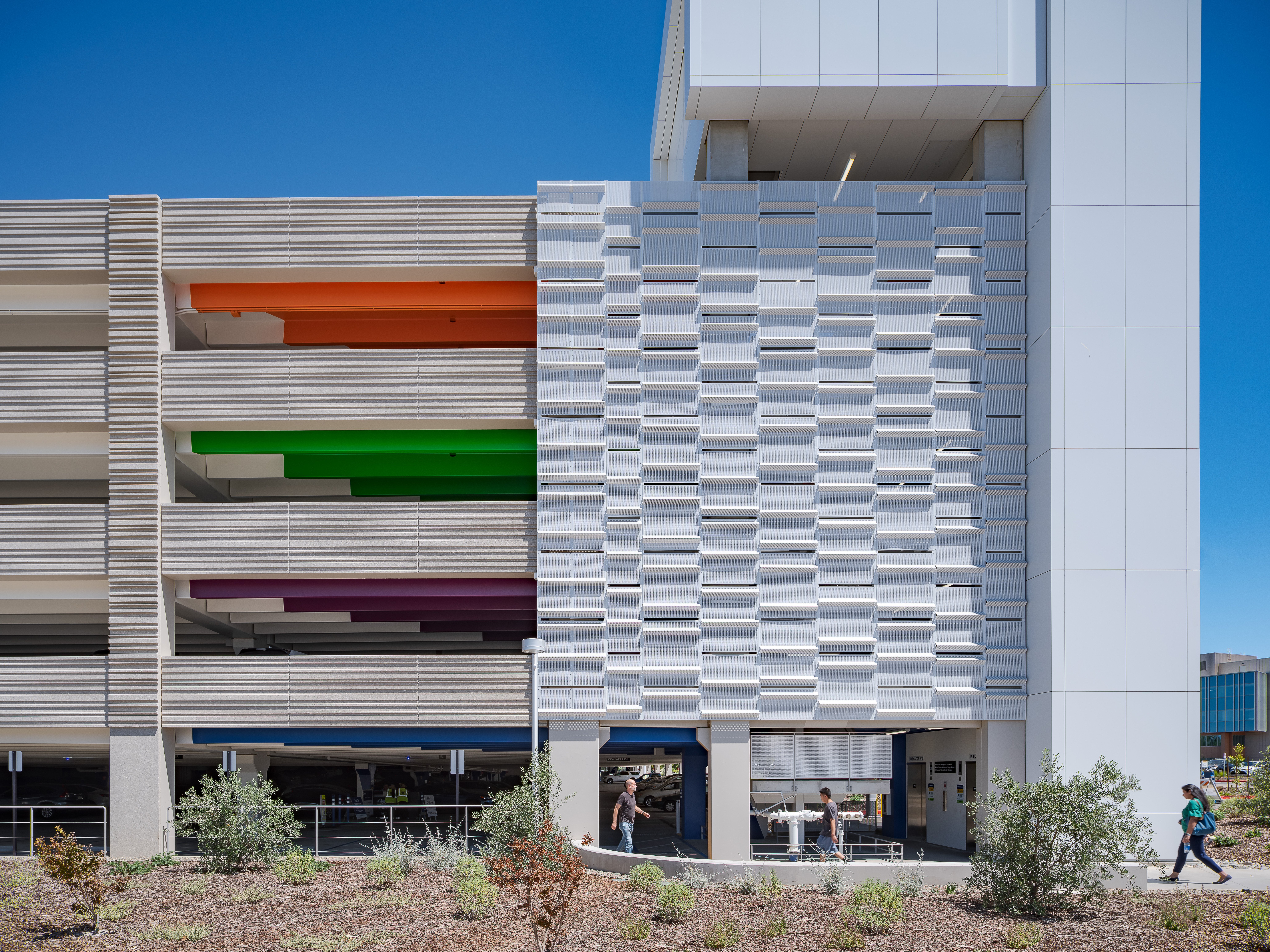Editor's note: This story is a condensed version of a feature article by Andrew Sachs that will appear in the February print edition of Parking Today.
The parking industry is navigating a transformative era, grappling with shifting mobility patterns, rapid technological adoption, and large-scale corporate consolidations. Yet amid these changes, one critical factor often goes underexamined: the link between labor costs, customer satisfaction, and profitability. As parking operators strive to adapt, strategic compensation policies emerge as powerful, though underutilized, tools for elevating operational success.
The lessons from history and contemporary policy changes are clear: investing in employees pays dividends. A century ago, automaker Henry Ford revolutionized manufacturing by doubling worker wages with his “Five-Dollar Day.” Far from a mere act of generosity, this move addressed turnover, improved productivity, and enhanced his company’s market dominance. Today, California’s landmark sectoral wage policy for fast-food workers—mandating a $20 hourly minimum wage—offers similar insights. Despite predictions of job losses, studies show employment remained stable while workers earned more, and businesses managed costs with minimal price increases.
The parking industry can take a proactive cue from these examples. Waiting for government mandates to raise wages risks operational strain and reactive decision-making. Instead, voluntarily increasing wages positions operators as forward-thinking employers, cultivating a motivated workforce that delivers superior customer service—an essential factor for maintaining competitive edge.
However, raising wages alone is not a panacea. The increasing complexity of parking technology, from AI-driven license plate recognition to dynamic pricing systems, demands skilled, tech-savvy workers capable of troubleshooting on the fly. To attract and retain such talent, operators must complement competitive wages with clear expectations, ongoing training, and strong management practices.
Consider the potential: well-compensated employees are more engaged, deliver higher-quality service, and foster customer loyalty—key drivers of profitability. By aligning wages with performance metrics, investing in professional development, and fostering a culture of appreciation, parking operators can build a resilient workforce equipped to meet evolving demands.
In an industry where seamless service is paramount, the connection between employee satisfaction and operational success is undeniable. By prioritizing fair compensation and thoughtful management strategies, parking operators can not only thrive in today’s landscape but also set the standard for tomorrow’s parking experience.
Andrew Sachs is president of Gateway Parking Services. He can be reached at andrew@gpsparking.com.











